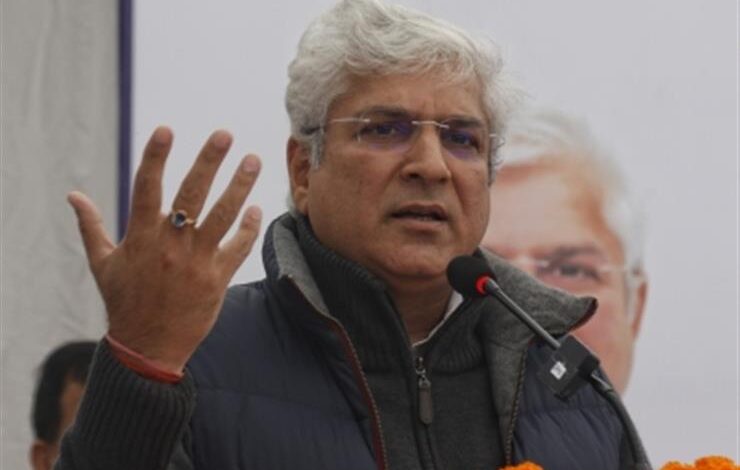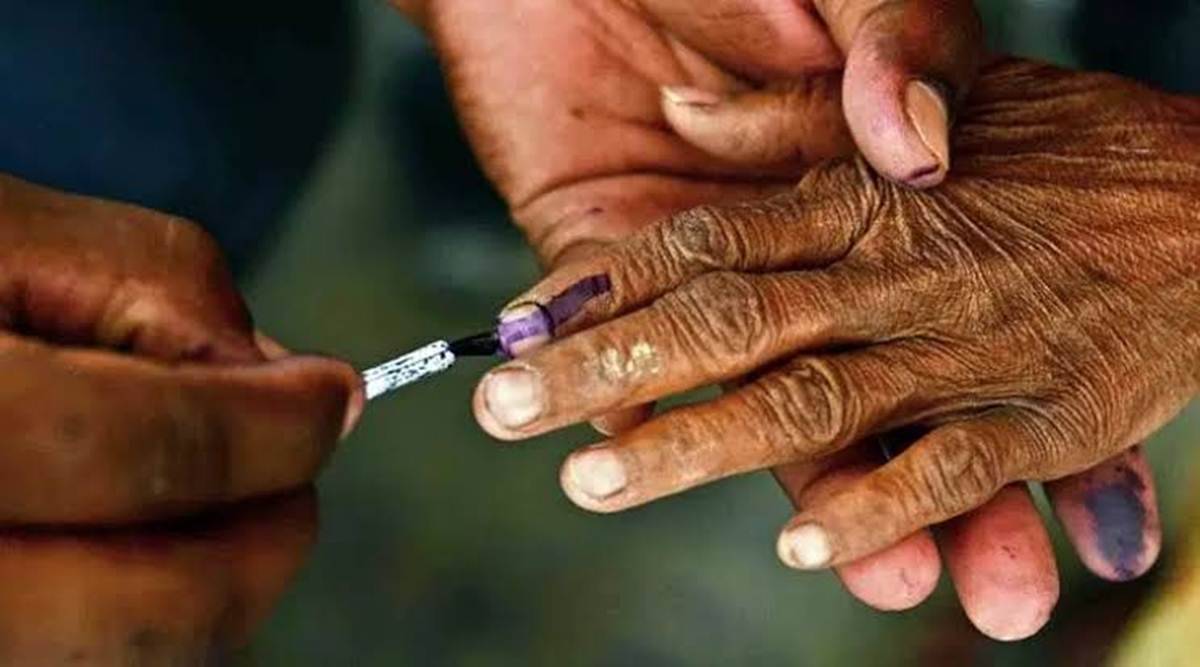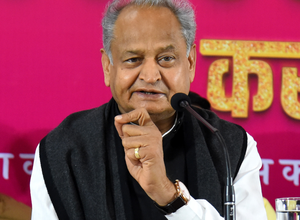
New Delhi, Feb 13 : The Delhi Government has denied Centre’s request to convert Bawana stadium into temporary prison in the national capital, saying the farmers demands are genuine.
Turning down the request, Delhi Minister Kailash Gahlot said: “The demands of the farmers are genuine. Secondly, it is the Constitutional right of every citizen to make a peaceful protest. It is therefore, incorrect to arrest the farmers.”
“The Central Government, in fact, should invite them over for talks and try to find a solution of their genuine problems. Farmers of the Country are our ‘annadata’ and treating them in this way by arresting them would be like rubbing salt into their wounds. We cannot be a party to this decision of the Central Government,” the reply further stated.
“Hence, approval cannot be given for converting a stadium into a jail,” it added.
Massive traffic jams were witnessed at the entry and exit points of Haryana and Uttar Pradesh as police and paramilitary personnel equipped with anti-riot gear placed multiple layers of barricades, concrete blocks, iron nails and walls of containers in view of the ‘Delhi Chalo march’ call of farmers.
To stop the farmers from entering the national capital, the police, along with the paramilitary forces, have been deployed as security measures on Delhi borders, including at Tikri, Singhu and Ghazipur, with cement blocks and pickets with nails installed on the approach roads.
Delhi Police on Monday had invoked section 144 of the Code of Criminal Procedure (CrPC) citywide and fortified the borders as a precautionary measure. Delhi Police Commissioner Sanjay Arora issued these directives for the next 30 days to ensure law and order amidst planned farmer protests against the central government.
A total of 114 companies, including 64 from paramilitary forces and 50 from the Haryana Police, have been deployed across various districts. Equipped with anti-riot gear, these units are stationed in the border areas and sensitive districts.
Additionally, surveillance technologies such as drones and CCTV cameras are being utilised to monitor any disruptive activities






